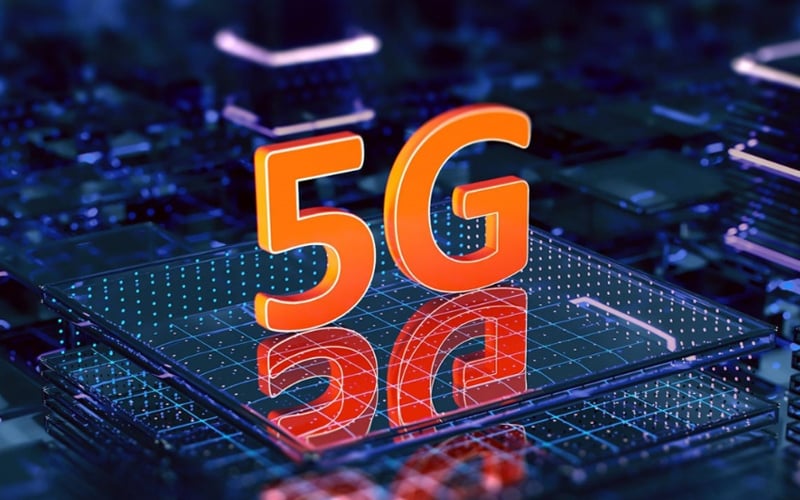
PETALING JAYA: The government’s decision to allow a second service provider to participate in the 5G rollout has raised important questions ranging from Digital Nasional Bhd’s (DNB) future to risks to national security.
But a source in the know says these complications could have been avoided from the onset had it not been for “illogical decisions” made under a previous administration.
“The good news is that it is not too late for the government to salvage the situation. But political will is needed,” said the source, who spoke on strict condition of anonymity due to the sensitive nature of the 5G issue.
How did we get here?
Plans to introduce 5G in Malaysia had begun as early as 2019, with pilot tests commencing that year. The goal was to launch 5G in selected cities by the third quarter of 2020.
Following the Sheraton Move in February 2020, the new administration under Muhyiddin Yassin announced that 5G would be implemented through a 5G SPV, later described as a single wholesale network (SWN) model.
Subsequently, DNB, a special purpose vehicle wholly owned by the finance ministry, was set up to build the 5G network infrastructure and manage it as the wholesale provider of 5G services to mobile network operators in the country.
In a ministerial direction issued on May 31, 2021, then communications and multimedia minister Saifuddin Abdullah said DNB was appointed to be “the single neutral party to undertake the deployment of the 5G infrastructure and network nationwide, and to provide wholesale 5G services”.
The rationale for the directive was to accelerate the deployment of the 5G services, avoid duplication of infrastructure, optimise the use of scarce resources and promote service-based competition within the communications industry.
Over a month later, the Malaysian Communications and Multimedia Commission (MCMC) issued a standard radio system plan (SRSP) stating that the 700MHz and 3500MHz bands had been allocated to DNB for the country’s 5G rollout.
This made DNB the sole entity legally permitted to build and manage 5G infrastructure in the country.
The SWN model has come under fierce criticism for being monopolistic, and the Anwar Ibrahim-led administration has now opened up the rollout to a second service provider starting January 2024.
‘Never a need for DNB’
The source who spoke to FMT said there was never a need for a special-purpose vehicle like DNB to implement 5G in the first place.
“The 5G rollout is technical in many ways but it is not as complex as it is made out to be,” said the source.
“You don’t need a new entity to provide 5G. All existing service providers in Malaysia, like CelcomDigi, Maxis, U Mobile, all of them can provide 5G services via their existing spectrum bands, including those used for 4G.
“But the illogical decisions made by the previous government, including the ministerial order dated May 31, 2021, and the SRSP, dated July 9, 2021, meant that it was impossible for existing operators to participate in the 5G rollout.”
The source said the present administration’s pledge to open up the rollout to a second service provider cannot happen until the 2021 ministerial order has been revoked or modified.
From a legal perspective, the directive remains in force to the present day.
The way forward
The source said it was still not too late for the government to abandon the SWN or the dual network.
“The minister just needs to instruct the regulator (MCMC) to revoke the ministerial order and SRSP of 2021. It is that simple. Immediately, the existing telcos can roll out 5G via their existing infrastructure and bands.
DNB remains valuable, the source said, because it has assets and a functioning network.
“So the next step would be industry consolidation through a merger or acquisition, or even a white knight coming into the picture. Then the government can exit a business it should not have been involved in, to begin with.” - FMT



No comments:
Post a Comment
Note: Only a member of this blog may post a comment.